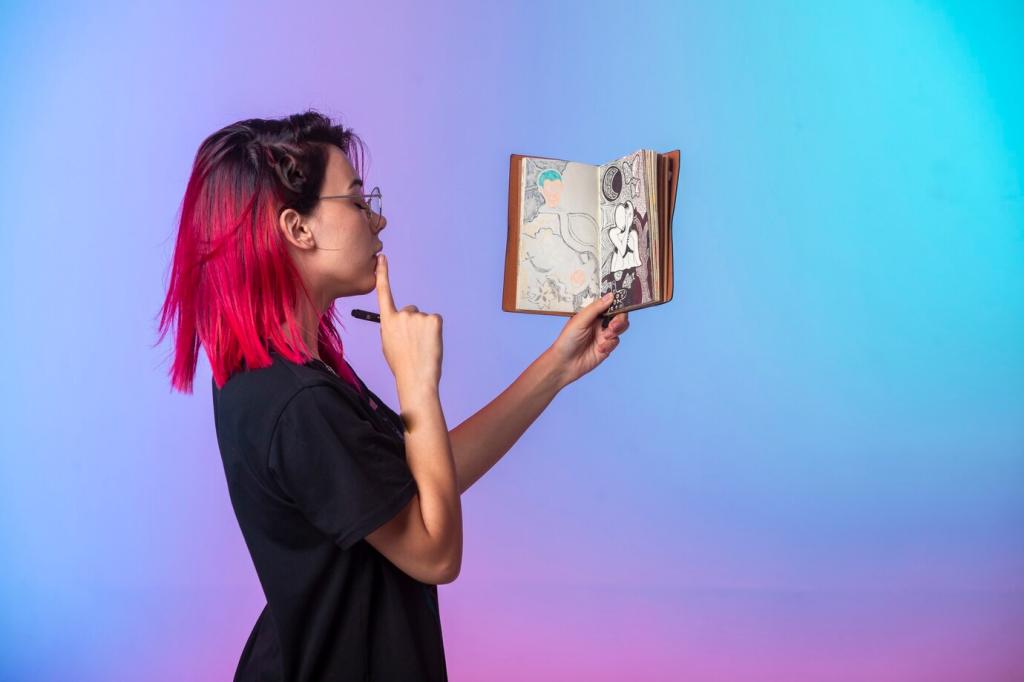
From Pages to Picture: Memorable Adaptations in German
Film and literature have long shared a close bond, with countless stories making the remarkable leap from printed page to silver screen. Within German-speaking cultures, this transformation has produced a wealth of memorable adaptations—each offering a fresh perspective on beloved novels, plays, and literary classics. This page explores how the interplay of storytelling and cinema breathes new life into cherished narratives, examining iconic adaptations and their enduring impact.
Classic Theater: From Stage to Silver Screen
Johann Wolfgang von Goethe’s “Faust” remains one of German literature’s most towering achievements, its themes of desire, knowledge, and redemption continuing to intrigue generations. Over the past century, “Faust” has inspired a range of cinematic treatments, each reflecting the concerns and aesthetics of their respective eras. From F.W. Murnau’s silent 1926 masterpiece, with its groundbreaking visual effects, to modern reinterpretations, the challenge has been to translate the play’s philosophical density and poetic language. Each adaptation strives to find new ways to express Mephistopheles’ temptation and Faust’s struggle, proving the timelessness of Goethe’s vision.
Contemporary Literature: Stories for a New Generation
Goodbye Lenin!: Memory and Nostalgia
Wolfgang Becker’s film “Goodbye Lenin!” draws inspiration from the post-reunification period in Germany, intertwining personal and societal transformations. While not a direct adaptation of a single novel, the screenplay draws upon a wave of literary narratives confronting the legacies of the GDR and the complexities of memory. The film’s blend of humor and pathos resonates deeply, presenting history through the lens of family and personal loss. By channeling literary techniques, such as unreliable narration and reflective voice, the film serves as a bridge between written and visual storytelling, evoking the emotional clarity and ambiguity characteristic of contemporary German literature.

